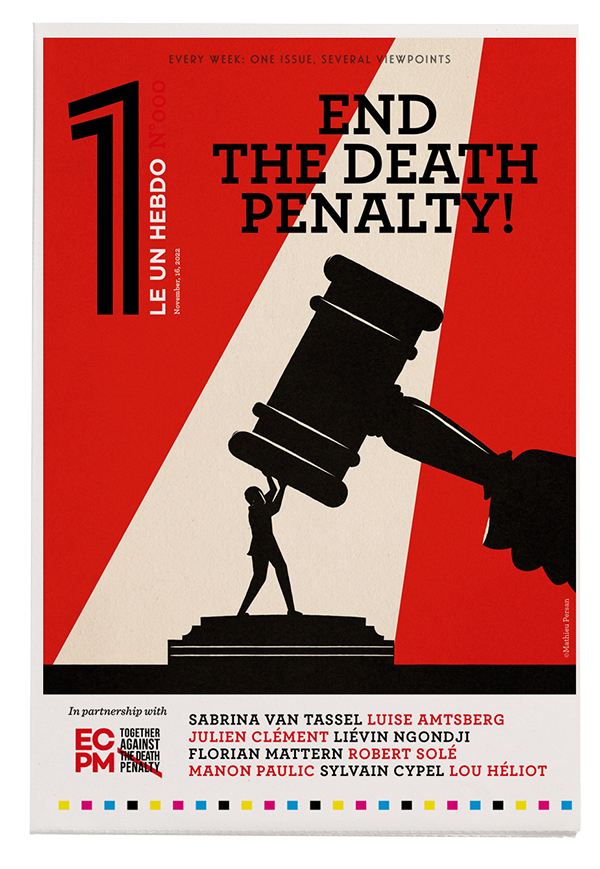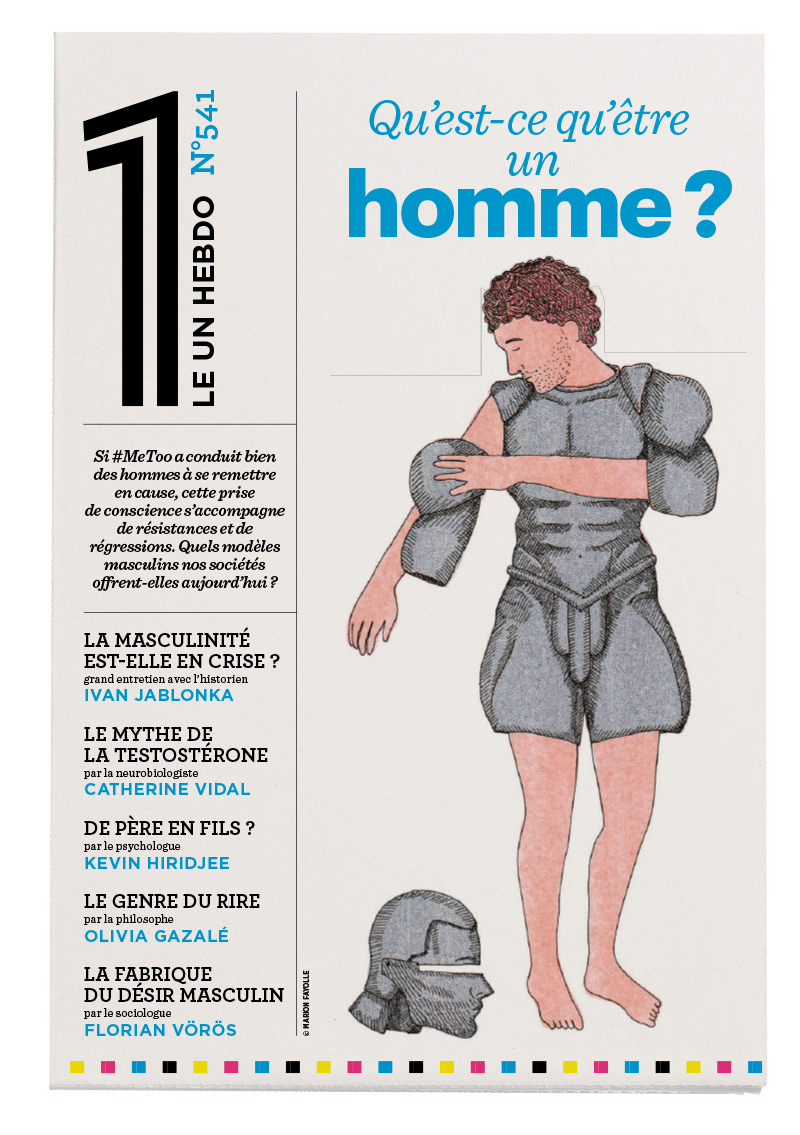Melissa Lucio was one of those citizens America could do without: a Hispanic woman whose disappearance would not affect the smooth running of society. On the contrary, the 38-year-old woman is a burden. The mother of 12 children, soon to be 14, all by different fathers, she lived in a slum and subsisted on welfare. She was a lax, even negligent mother. A stain on America’s pristine flag. A liability the country could do without.
When her youngest child, 2-year-old Mariah, died of a head injury, a sham investigation was enough. The mother’s apathy during her interrogation confirmed the intuition of the police, the prosecutor and her own lawyer: Melissa Lucio was guilty. Who else could it have been but her, the irresponsible, drug-addled, feckless mother? In 2007 Lucio was convicted of infanticide and became the first Hispanic woman on death row in Texas.
I met Lucio by chance when I was making a documentary about women on death row. Behind the Perspex wall that denied her human contact, she said to me, “You’re the first journalist who has come to see me.” I realised very quickly that I had to do the investigation that had never been done and that I had to tell her story.
Only two or three articles about her had been published in the local press. Lucio was a nobody, so much so that I had a hard time finding her lawyer’s name. As I went through all the documents related to the case, talking to her family, whom no one had ever interviewed, I found that the file was empty. There was nothing incriminating this mother who, according to the social services, had never shown any violence towards her children. Her son, on the other hand, claimed to have seen Mariah fall down the stairs before her death. Without being given a chance, Lucio was crushed by the American legal system.
Her case is not unusual. Death row in the United States is filled with people who have never had any other choice but to rot there. Before they end up there, most convicts are offered a “deal”: a guilty plea in exchange for a 30-year sentence. The state saves money on the trial and moves on to the next case more quickly. Those who dare to turn the deal down are judged more harshly. Lucio declined, thinking she could fight it. She did not know that in the United States, the defence loses 95 per cent of the time.
In the land of the free: 15 per cent of prisoners are wrongly incarcerated
Another notable statistic in the land of the free: 15 per cent of prisoners are wrongly incarcerated. Not a month goes by without one of them being cleared after decades behind bars. My documentary belongs to a series of films that aim to shine a light on these flawed cases, on the death sentences of men and women whose guilt is in doubt. With her miniseries When They See Us, which led to the indictment of a prosecutor, director Ava DuVernay started a movement to expose the American justice system through film. It is our role as filmmakers, as journalists, to make these stories public, because the anonymity of the accused is tantamount to conviction.
With The State of Texas vs Melissa, I wanted to show what the death penalty was: a sentence reserved for the poor, for Black people, for Latinos, for those who are considered imperfect by society and who have neither the financial weapons nor the intellectual or psychological baggage to fight. The women waiting on death row carry all the stigmata of victims. Like Lucio, they have been abused, raped and destroyed from an early age.
The American prison system is a direct legacy of slavery. Minorities are no longer exploited at home, but in prisons, guaranteeing a huge financial windfall. This phenomenon is taking place before our very eyes. Do a Google search and you will find pictures of black prisoners from [the Louisiana State Penitentiary, known as] Angola, working in cotton fields, guarded by whites on horseback. Prison rids society of an unwanted segment of the population. The death penalty is the culmination of this logic. Most Americans are unaware of this.
Some death row inmates can spend their lives waiting for an execution date. Lucio’s date came sooner than expected. The prosecutor’s office, weakened by the denunciations made in my film, sought to end it quickly. I had to go to war. Lucio’s family and I travelled across Texas begging people to watch the film so they could understand what Texas was preparing to do. Thanks to the Tribeca Film Festival, the New York Times picked up the story. Thirty minutes before the execution, the Texas Court of Appeals requested a deferment. When she learned the news, Lucio had been locked in a cage for two days, surrounded. This is how the still living and cumbersome bodies of the condemned are stored, waiting for the moment when their souls are forced to leave them, after two injections, watched by those who loved them.
Interview by MANON PAULIC









